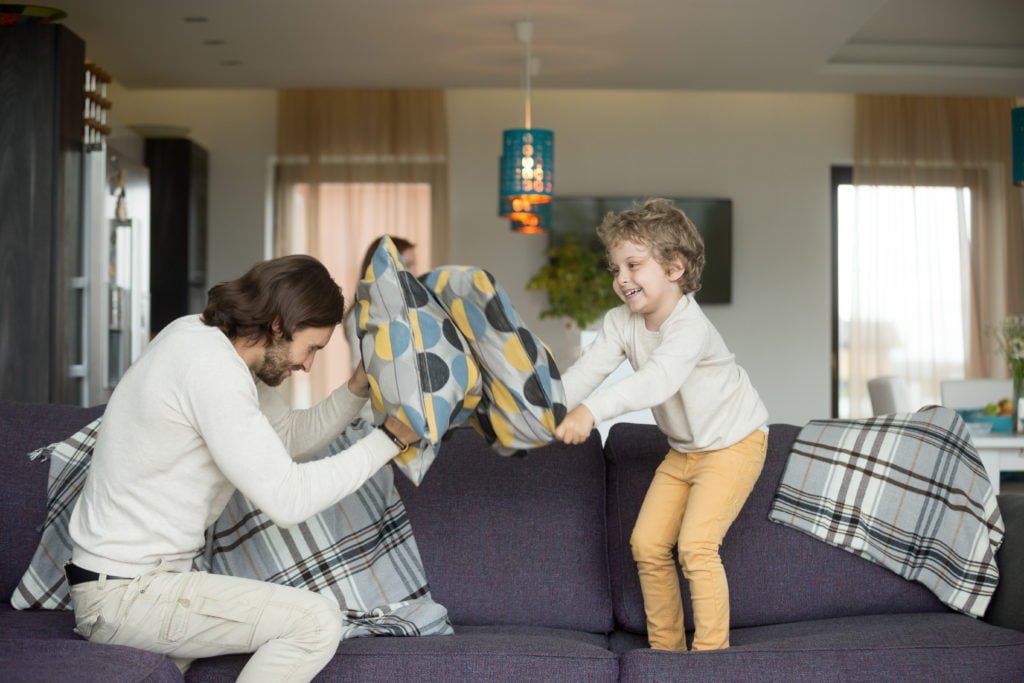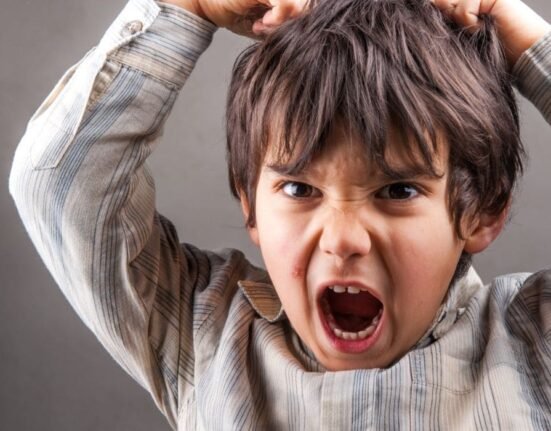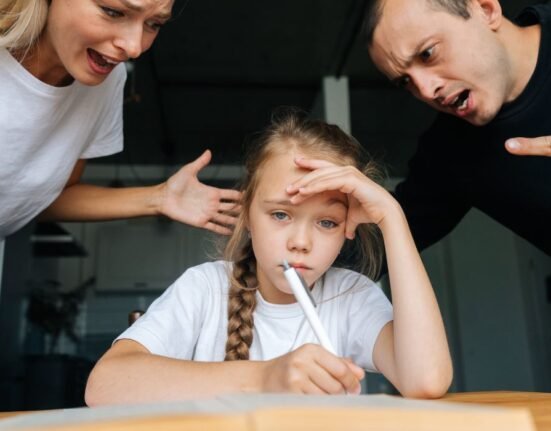Parenting is tough. It’s demanding, exhausting, confusing yet fulfilling. From the moment a tiny life enters the world of two connected individuals, their identity changes. From then on, it’s about another complex role that they need to carry out in their lives, apart from many others. They have to now shuffle between being an individual, a spouse, a son/ daughter, a career- oriented person, daughter or son-in-law and some more as well.
Among all these struggles, parenting is perhaps the most delicate of them all. A role, a relationship based on emotions because an infant requires emotion to be able to feel safe, secure, loved and connected to the world. Till this infant grows up to be able to think and feel for his or her own self, he/she is dependent on the parents, on his/her home for all sources of comfort, safety and identity formation. Even when he/she grows up to be an independent individual, he/he is driven by the same sense of comfort and security that he/she received from home.
Therefore, for each one of us, our journey into this world begins from our homes. The quality of love, care, communication that we receive in our formative years, paves the way for our future selves in far deeper ways than we realize.
Not only does it shape our personalities, it also influences our ideas towards relationships, money, career, health etc. Therefore, the role of a parent is far deeper and more complex than just being the provider of good quality education and material comforts. A role, which is becoming more and more difficult with each passing day due to the increasing demands of life on all individuals.
Hence, it is more crucial than ever before for parents to find more and more ways to engage with their kids in an emotionally qualitative way. Emotionally Qualitative parenting, is the need of the hour. A crucial element of parenting is conflict management at home because how a child views conflict and reacts to it, is shaped greatly by the conflicts that are present and dealt with, within the family environment.
Conflict – something that adults take for granted because we know it’s a part of life. But for a child, it’s a threat. A fact, that parents often are unable to consider because of their own reasons.
Just like being loved and pampered within our adult relationships makes us feel good from within and constant conflict at work or home creates stress, anxiety and uneasiness within us; it works exactly the same way for a child. However, the effects are deeper because both these end up shaping his/her ideas about himself/herself, others and the world.

For a child, it is extremely difficult to make sense of parents fighting and arguing all the time, seeing his/her parent suffer from stress, abuse a substance, withdraw from him/her. Constant and unresolved conflict can scar the child in many ways. Depression, anxiety, stress is as common in children as it is in adults. Emotions that arise during a conflict, if left unchecked and unresolved, ultimately lead to a host of insecurities, fears and unhealthy coping mechanisms in children; just like they do in adults.
Sadly, a lot of parents fail to see the obvious link between the home environment and the quality of their child’s emotional, physical and mental life. Home is the stabilizing or destabilizing factor for each and every individual. It sets the foundation and tone for the quality of the relationship that each of us develop with ourselves and others. A fact, that most parents aren’t even aware of because at some point in time, their mind creates a fine dividing line between them and their kids. This could also be because of the environment that they were raised in; an environment where emotion communication necessary for conflict resolution was less, unhealthy or even absent.
The mind picks up patterns and then draws conclusions. If a child sees the parents arguing loudly, he/she would begin to feel scared and anxious. Every time one parent walks out of the argument, leaving the other spouse in tears, the child begins to grapple with the fear of being abandoned. Hence, the first movie about life and situations that a child begins to see in his movie theatre called life, is what the parents and family members show to him/her at home.
Parenting extends way beyond providing material comfort and a good education. It’s about building a life. It’s about raising healthy individuals who are self-sufficient, aware, warm, open and have the courage and ability to contribute to their own lives and to that of others in a meaningful way.
Such individuals build relationships and are the result of the hard work and sensitivity of emotionally aware parents. Being emotionally aware, is not just an important parenting skill, but also important for a good quality adult life. After all, our world at every age and stage, runs on the fuel of emotion. Therefore, emotionally qualitative parenting would then involve a focus on our emotional well- being and that of our children.
We must then strive to:
1. Spend quality time with kids: Ask them questions about their day. Inquire about their thoughts and feelings about events and happenings.
2. Manage our own stress: Take time out for your own self to unwind and relax.
3. Establish a good relationship with our spouse: so that both of you can work as a unit.

4. Be observant: If you see that your child is exhibiting behavioral or emotional difficulties, before you scold or reprimand the child, have a healthy conversation to understand what seems to be the issue. For e.g. if your child doesn’t wake up on time, ask what is the child struggling with and how can you help?
5. Mitigate conflict: Parents often overlook the impact of family struggles and conflict on the emotional, physical and academic well-being of the child.
Talking to the child, explaining things, allaying their fears and keeping lines of communication open will help to reduce the emotional damage on the child’s psyche. Seek help if required.
6. Educate yourself emotionally: The main fabric holding any relationship together is emotion. A lot of us have a hard time in reading and understanding emotions. Therefore, educating ourselves on the same would help in strengthening the fabric of our relationship with our kids.
7. Do not resort to hitting the child: it scars the child permanently. It also sets the stage for various psychological issues for a child like depression, anxiety, anger issues etc.
8. Understand: Your child is an individual and you are responsible for shaping his/her thoughts, emotions, beliefs and behaviors.
Being a parent is about creating a new safe universe in which both the parent and the child can grow together. It’s about preserving those giggles and laughter, hugging the tears and wiping off the pain together.
It’s about creation and creation takes time, effort and patience.













Leave feedback about this